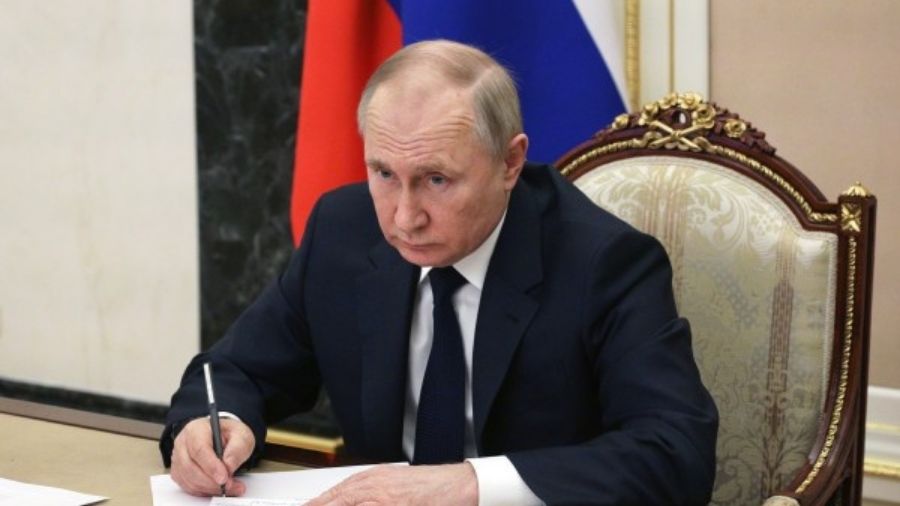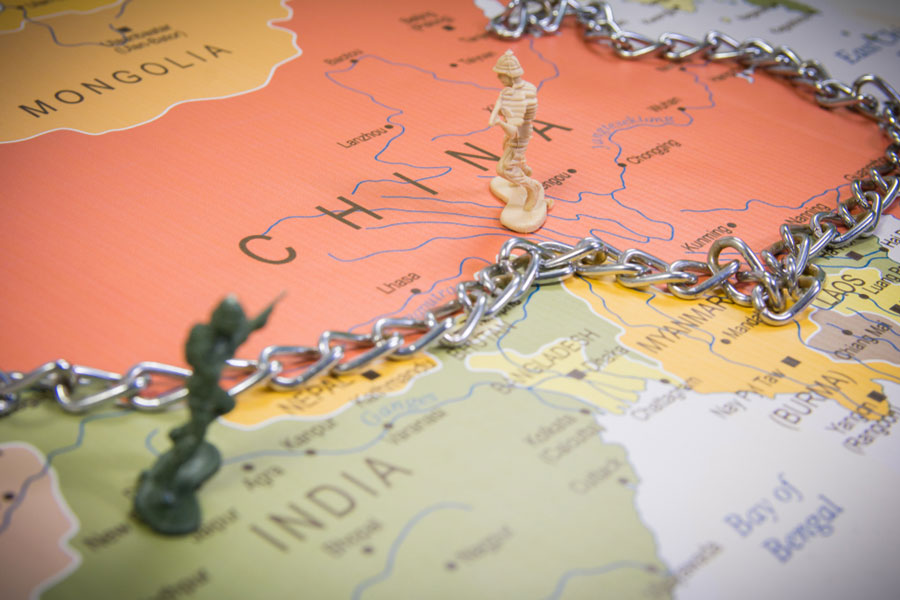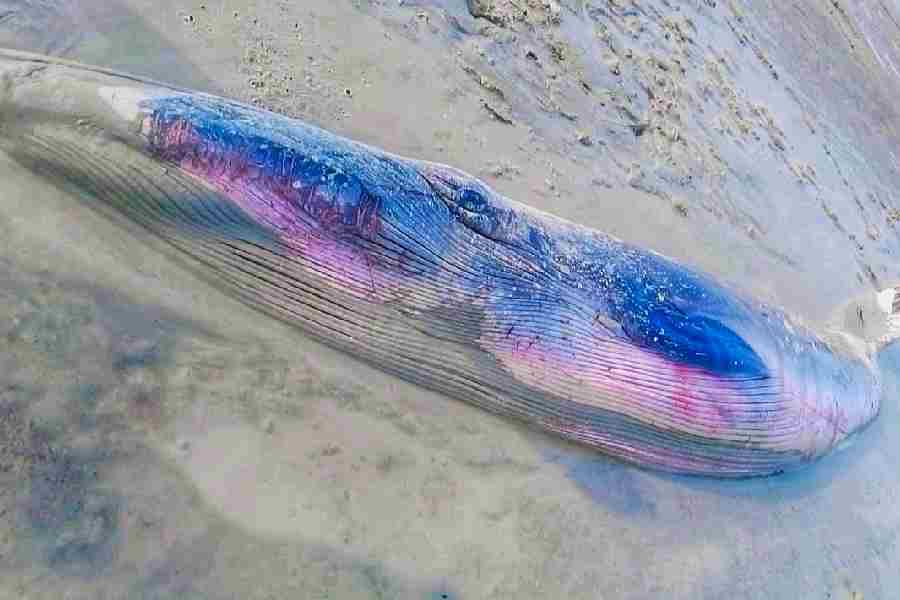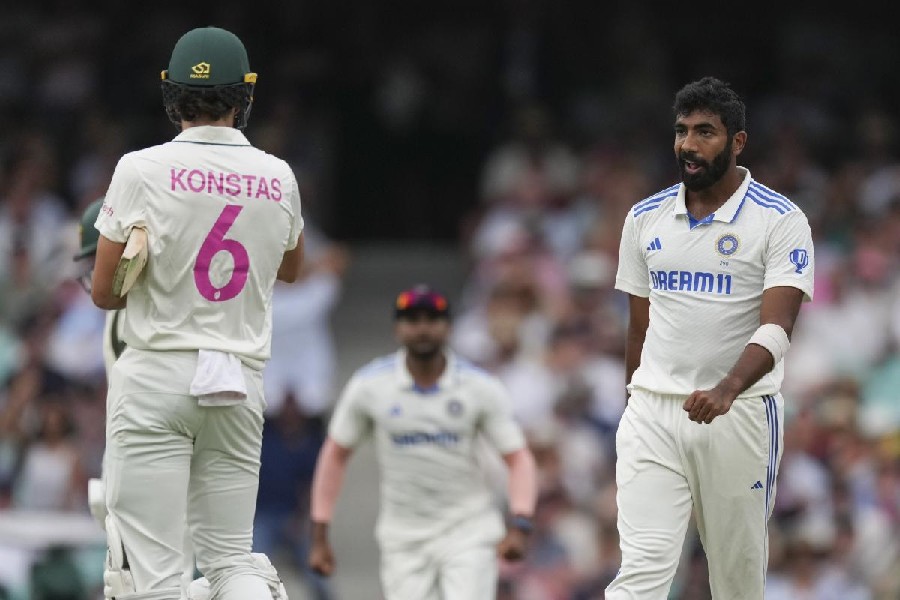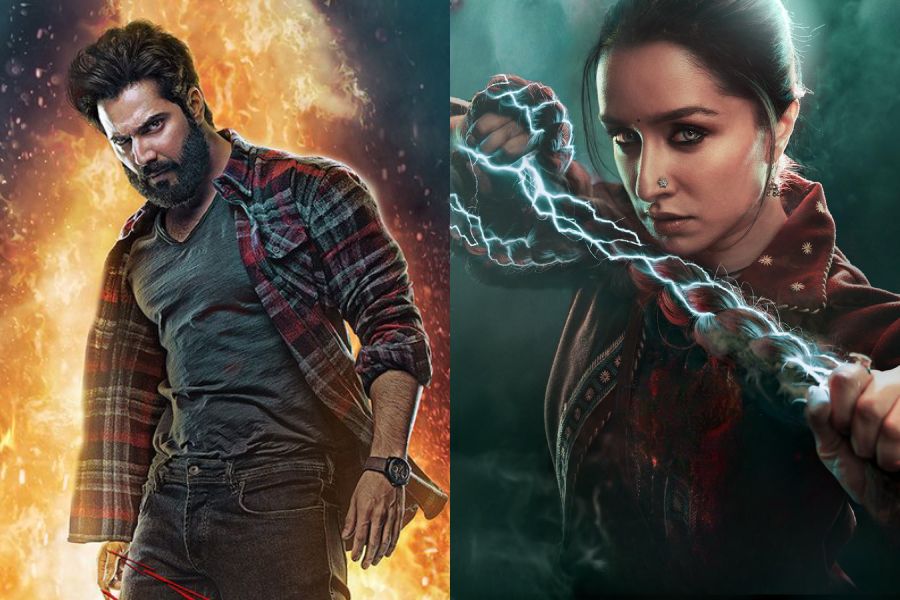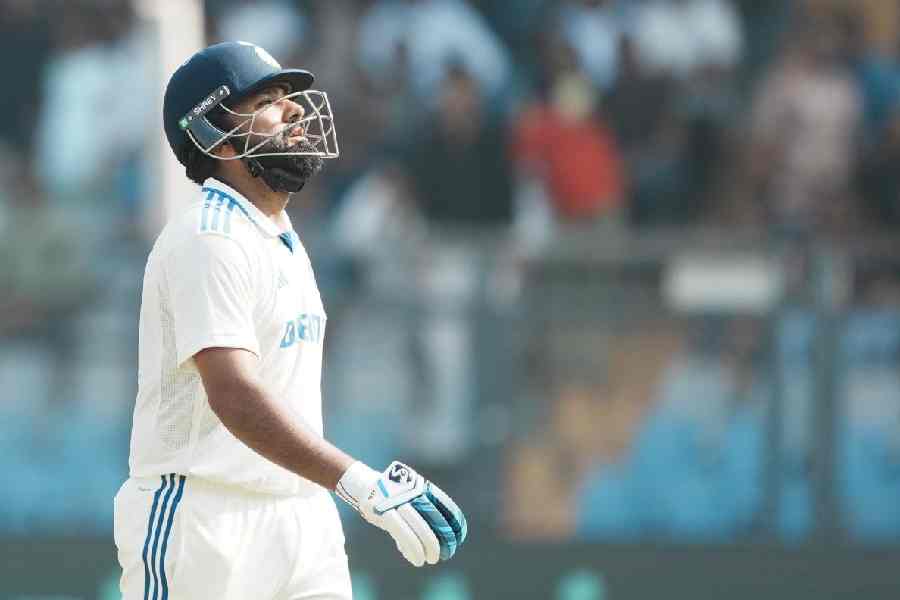Russia has sacked senior commanders for their “poor performance” during the invasion of Ukraine amid a toxic environment of “cover-ups and scapegoating”, according to British intelligence.
Lieutenant General Serhiy Kisel, who commanded the elite 1st Guards Tank Army of the western military district, has been suspended for his failure to capture Kharkiv, Ukraine’s second largest city, the ministry of defence in London said.
Vice-Admiral Igor Osipov, who commanded Russia’s Black Sea Fleet, has also “likely” been suspended after the sinking of the cruiser Moskva last month, officials confirmed.
While General Valery Gerasimov, the chief of the general staff, appears to remain in his post — he phoned his US counterpart General Mark Milley on Thursday — it was unclear whether he “retains the confidence of President Putin”, the MoD said.
A western military source said this week that Gerasimov and Putin were believed to be making low-level tactical decisions of the sort normally decided by a colonel or brigadier.
The MoD briefing added on Thursday: “In recent weeks, Russia has fired senior commanders who are considered to have performed poorly.
“A culture of cover-ups and scapegoating is probably prevalent within the Russian military and security system.” Such a culture could have an impact on Russia’s ability to fight going forward, it said.
The MoD said many officials involved in the invasion of Ukraine would “likely be increasingly distracted by efforts to avoid personal culpability for operational set-backs”.
“This will likely place further strain on Russia’s centralised model of command and control, as officers seek to defer key decisions to their superiors. It will be difficult for Russia to regain the initiative under these conditions.”
The Ukrainians claimed in April that Kisel had been dismissed on March 25 for his “indecisiveness and cowardliness” when commanding units in the region of Sumy and Kharkiv. Russian media said he gained combat experience in the first and second Chechen wars and the 2008 Russo-Georgian war.
Russian leaders have also been criticised for their treatment of soldiers under their command and failure to prepare them for war. Dara Massicot, a senior policy researcher, said that the Russian high command behaves as if its troops are an “afterthought”.
New York Times News Service

